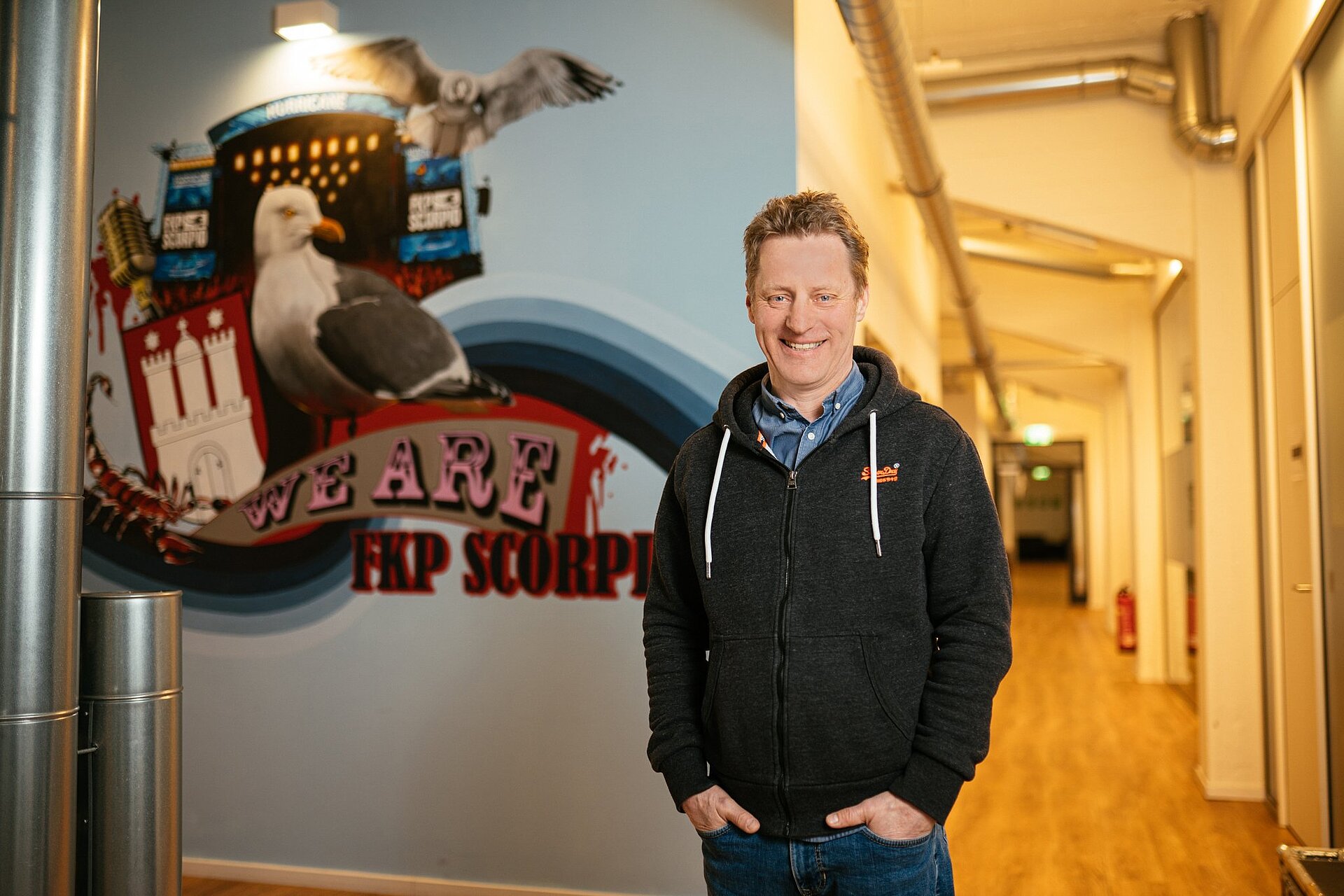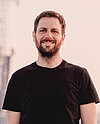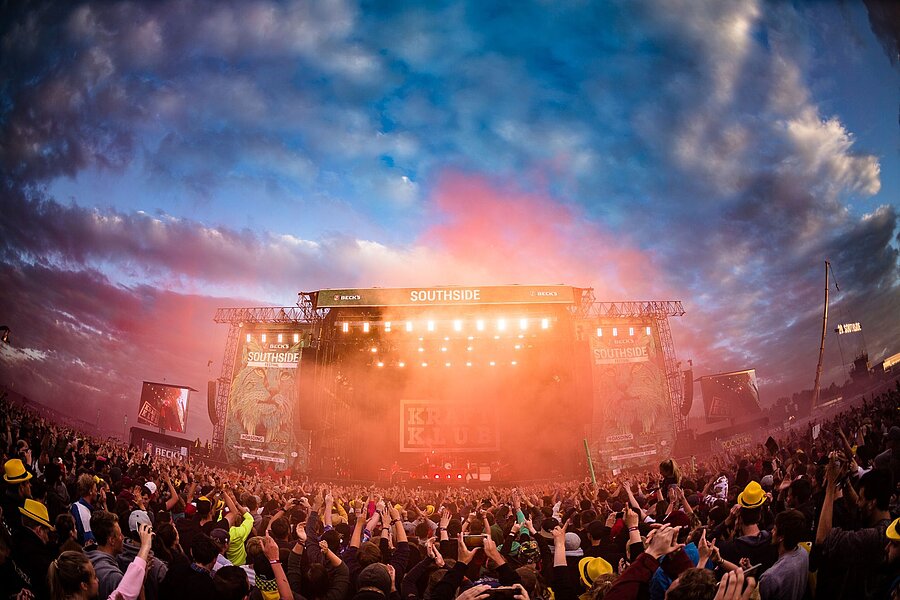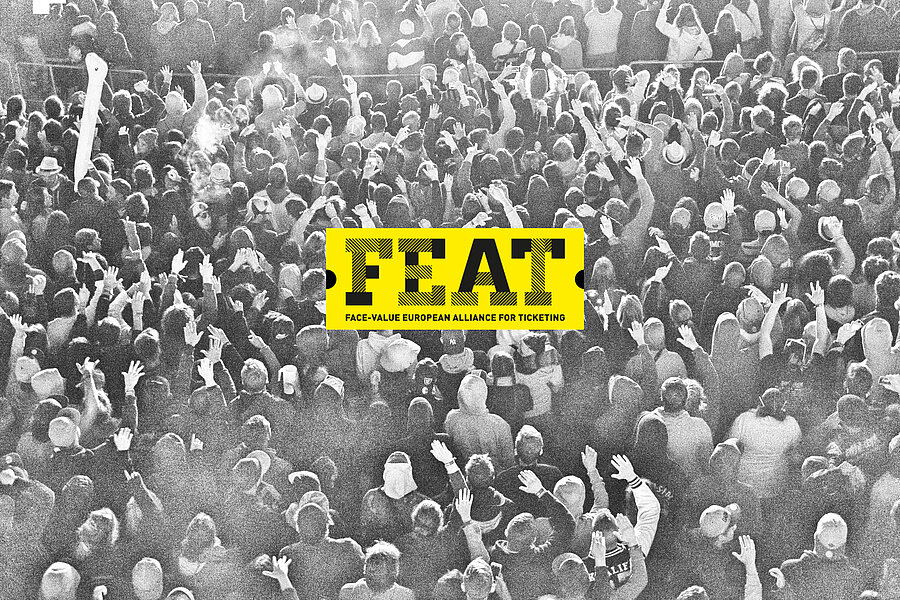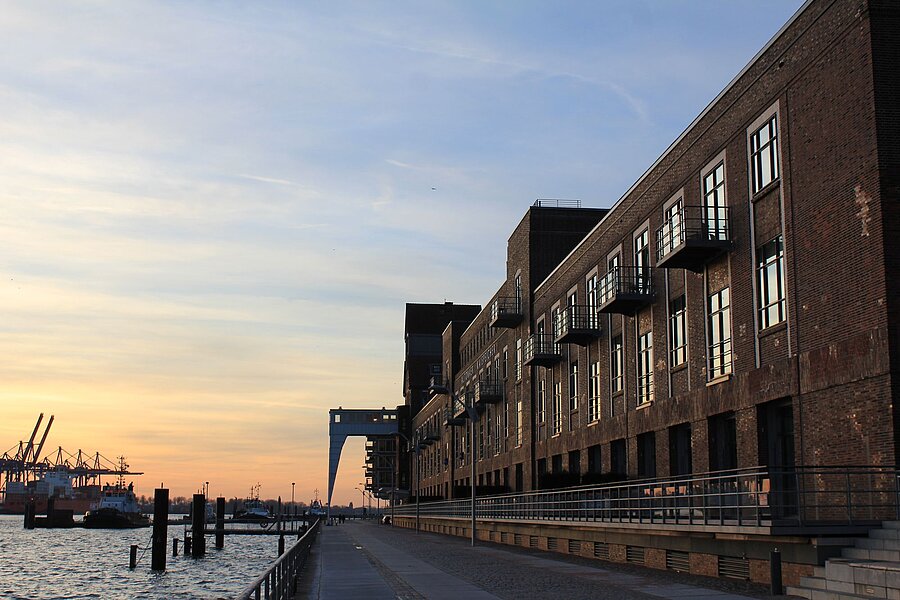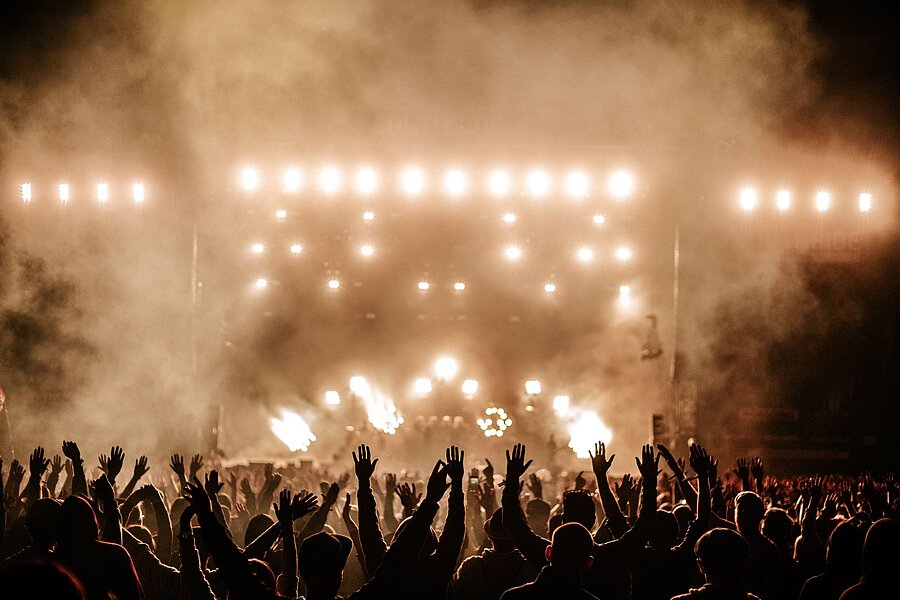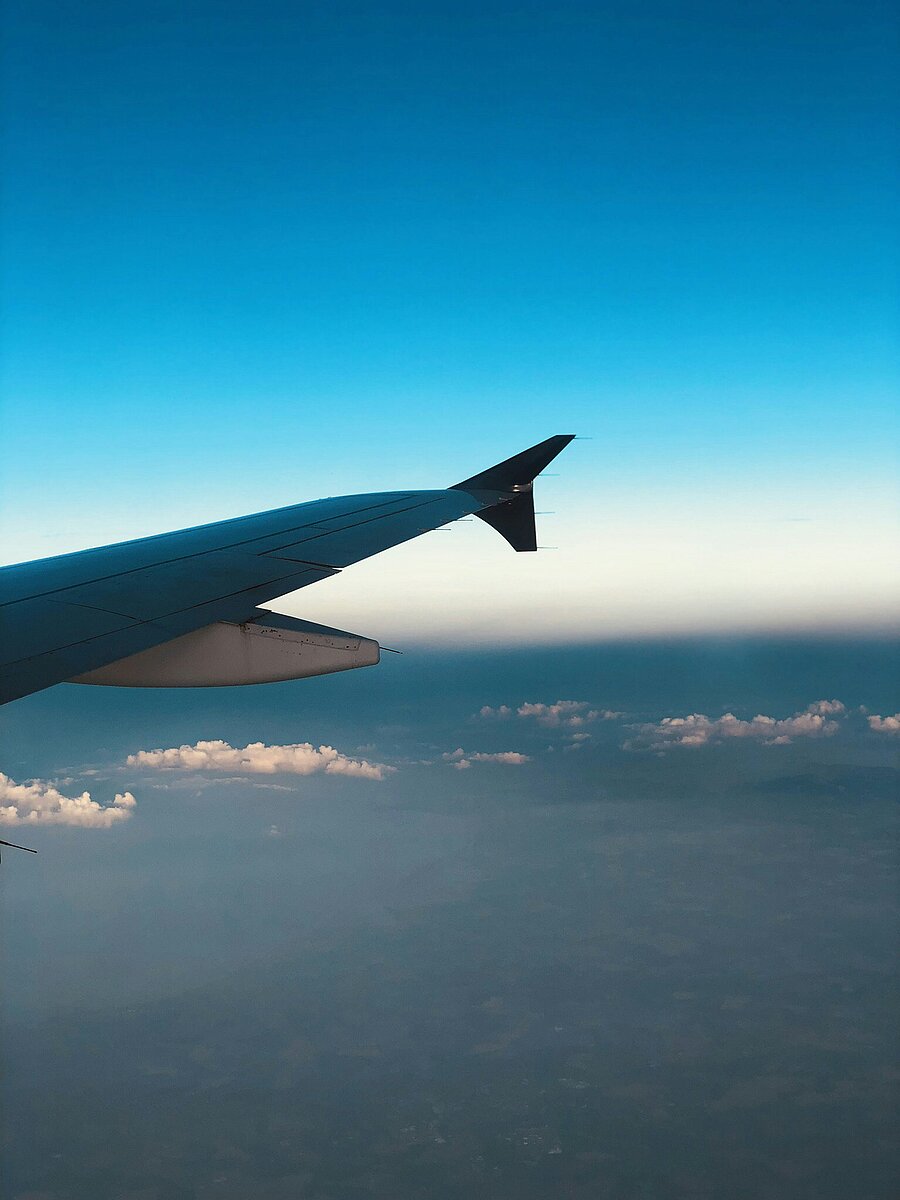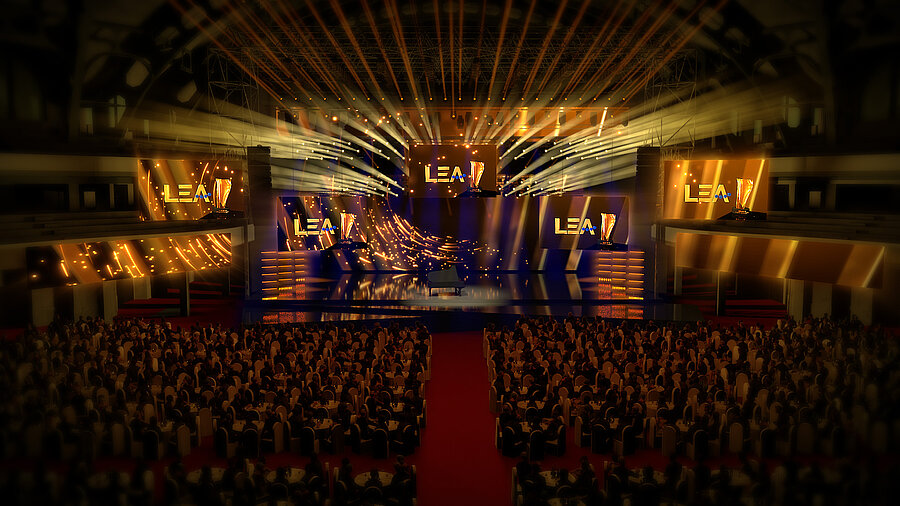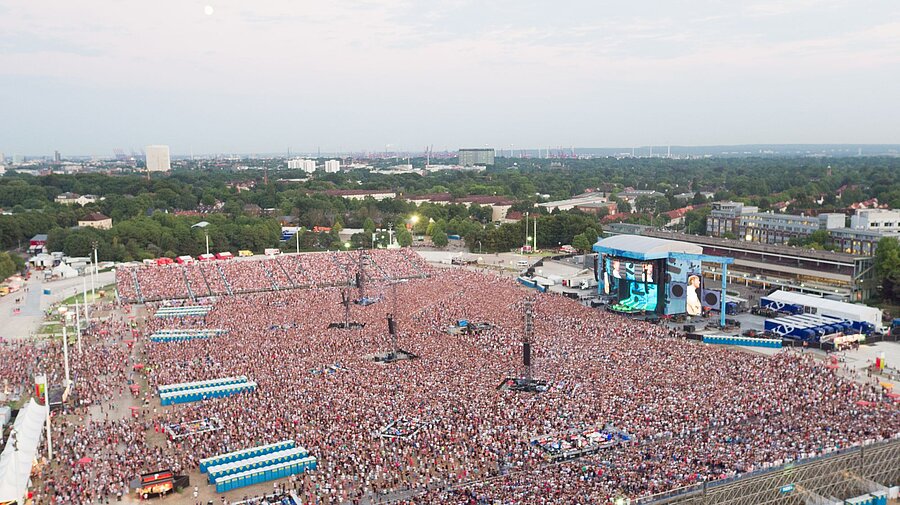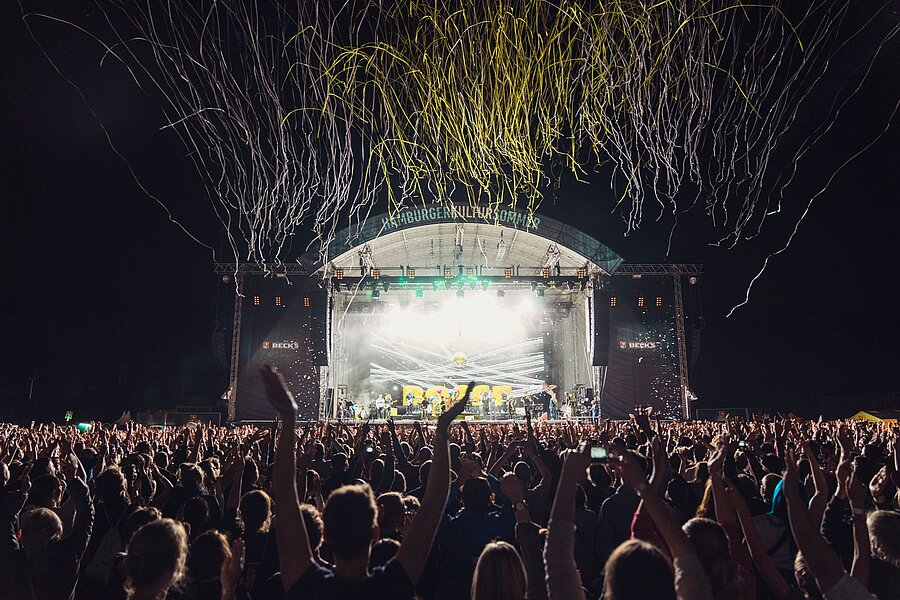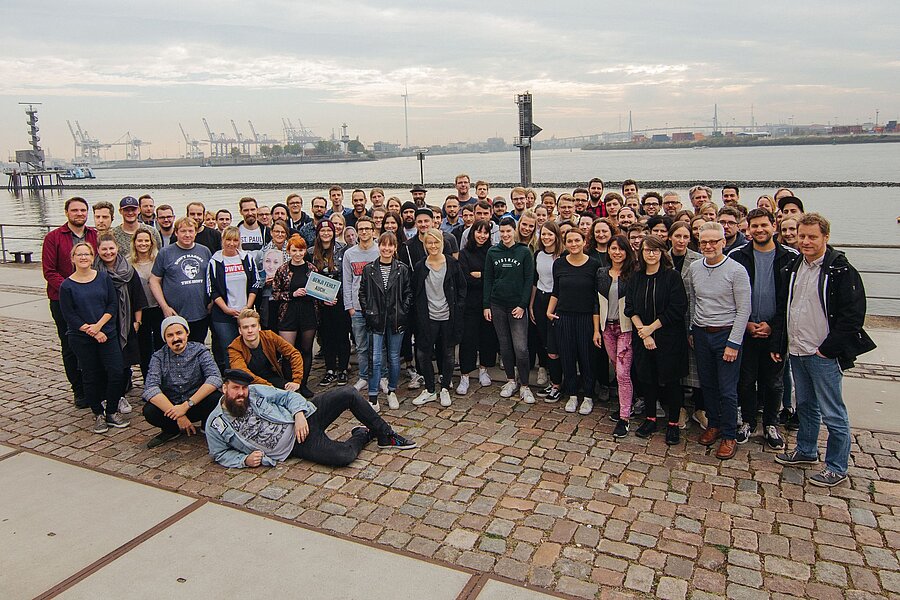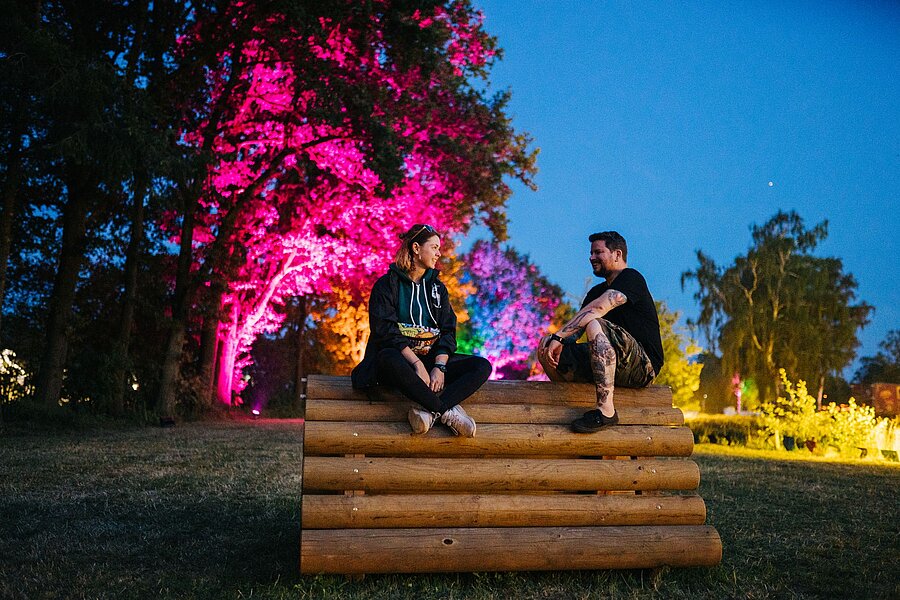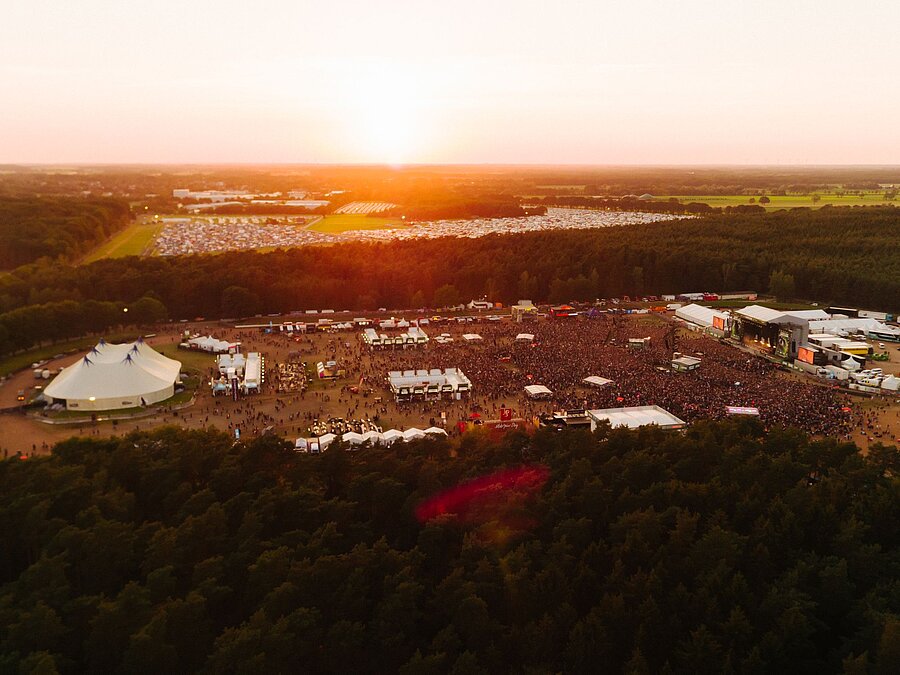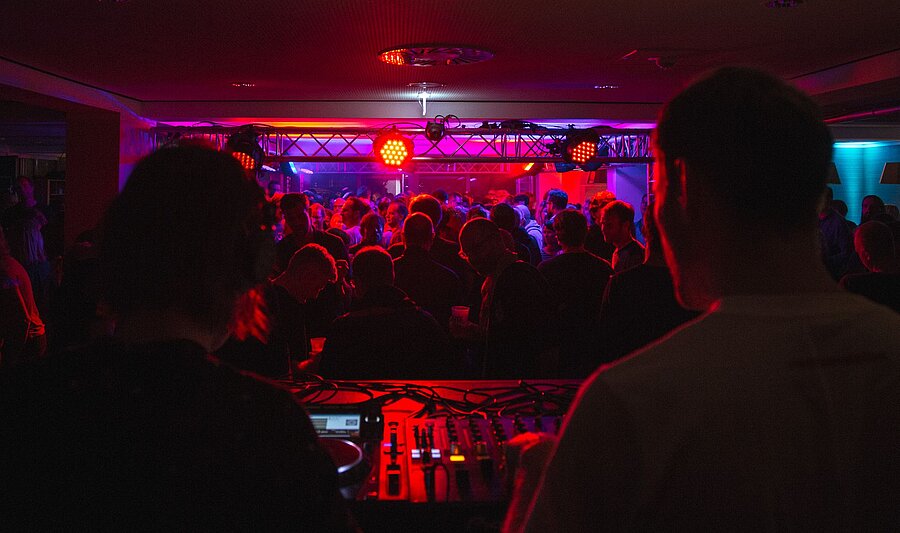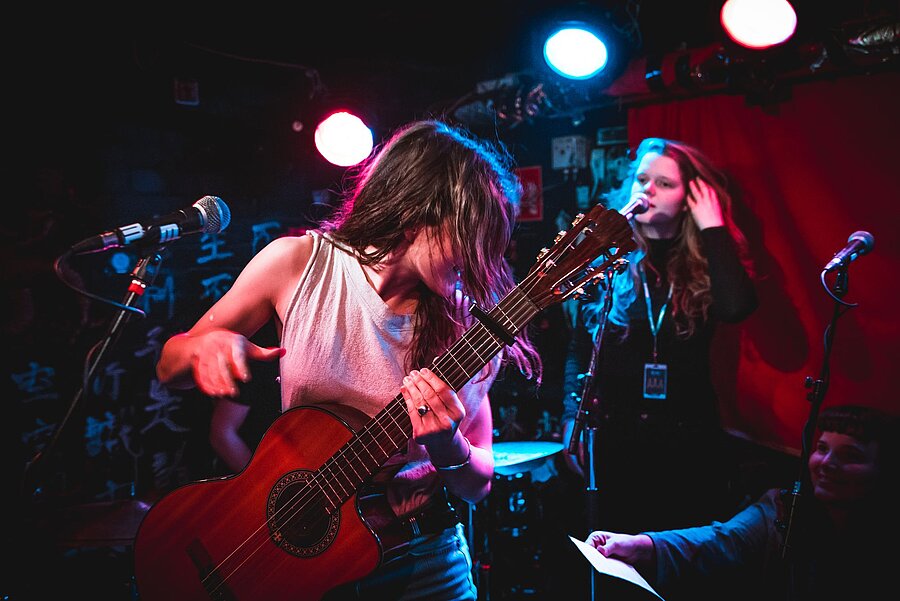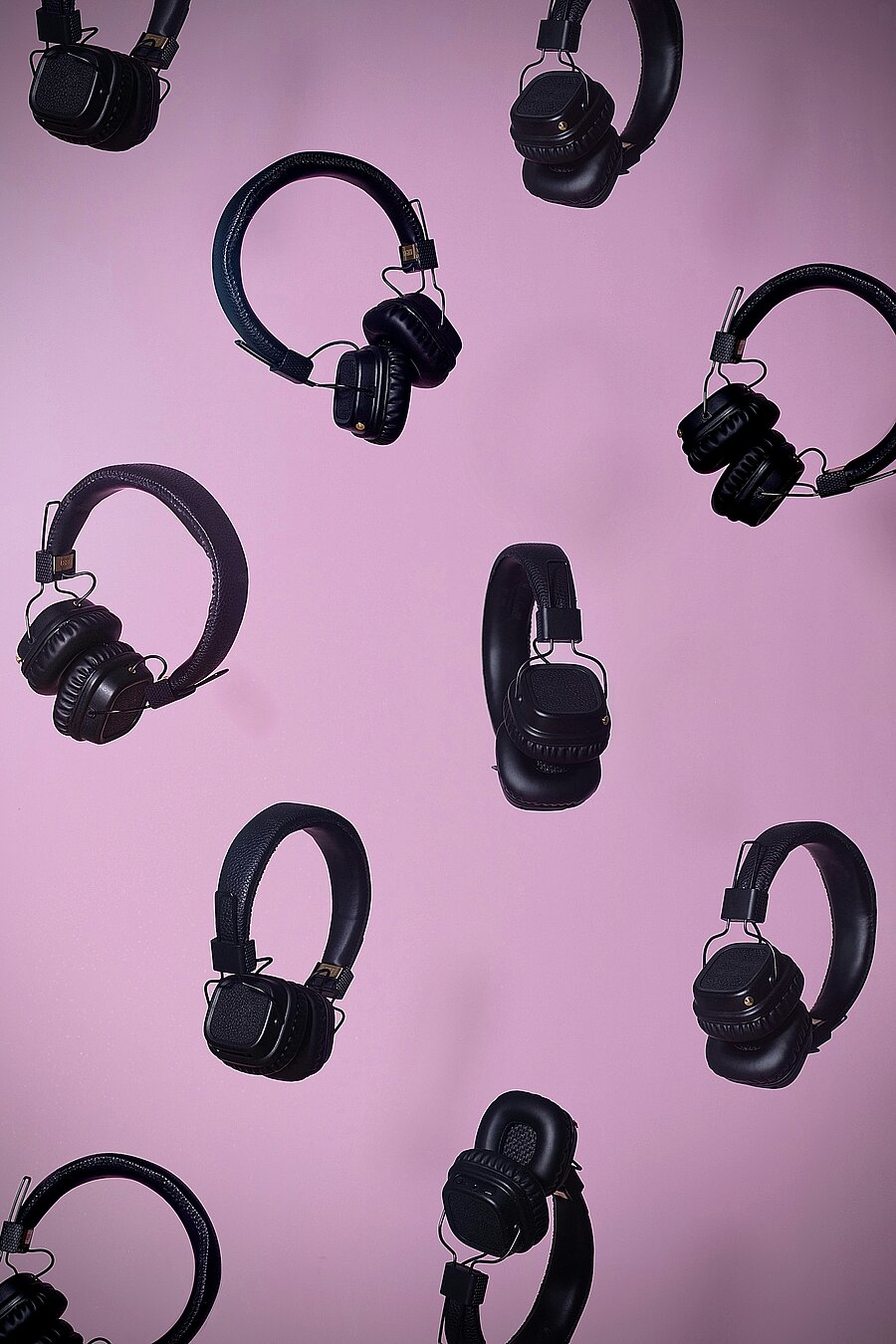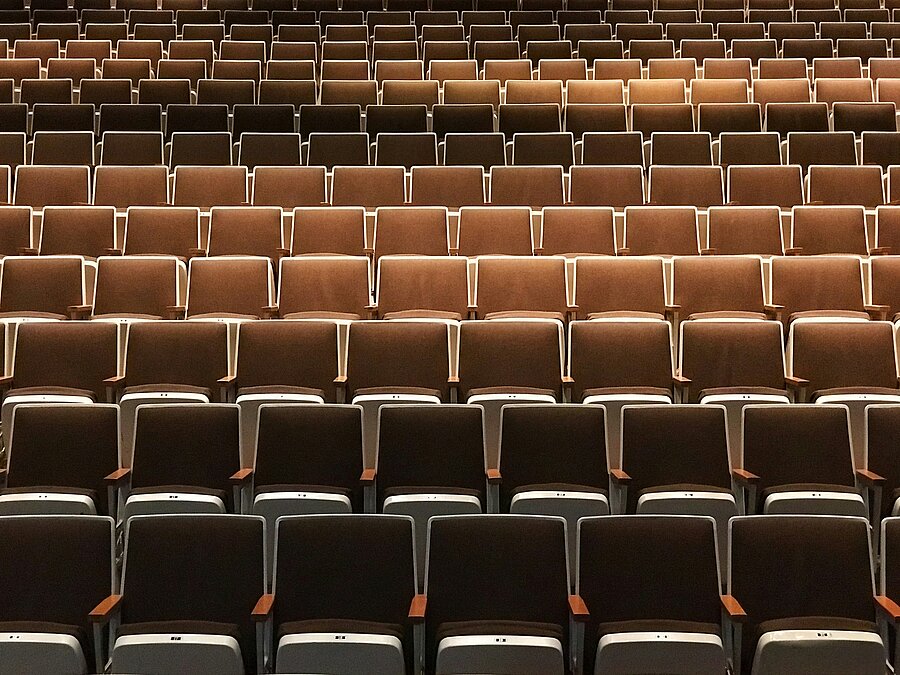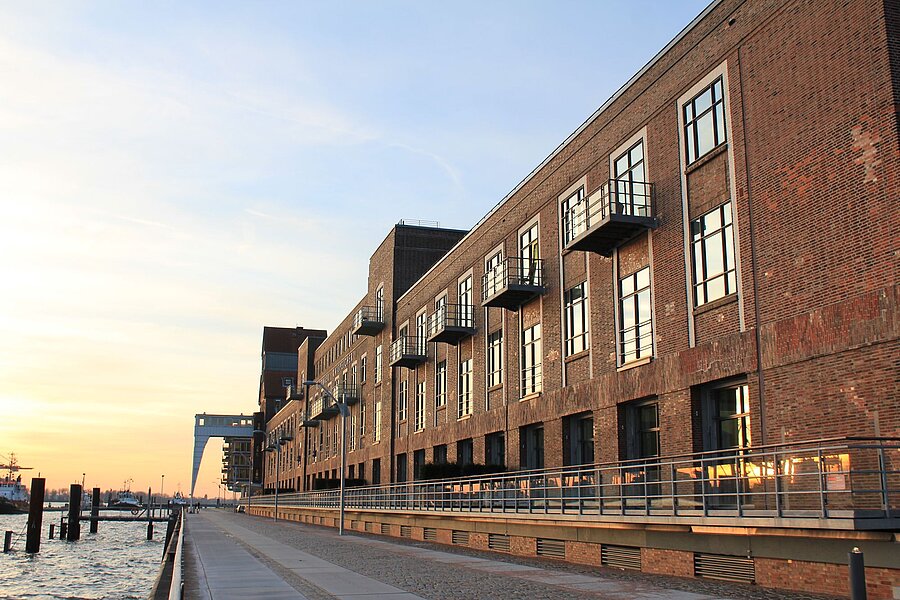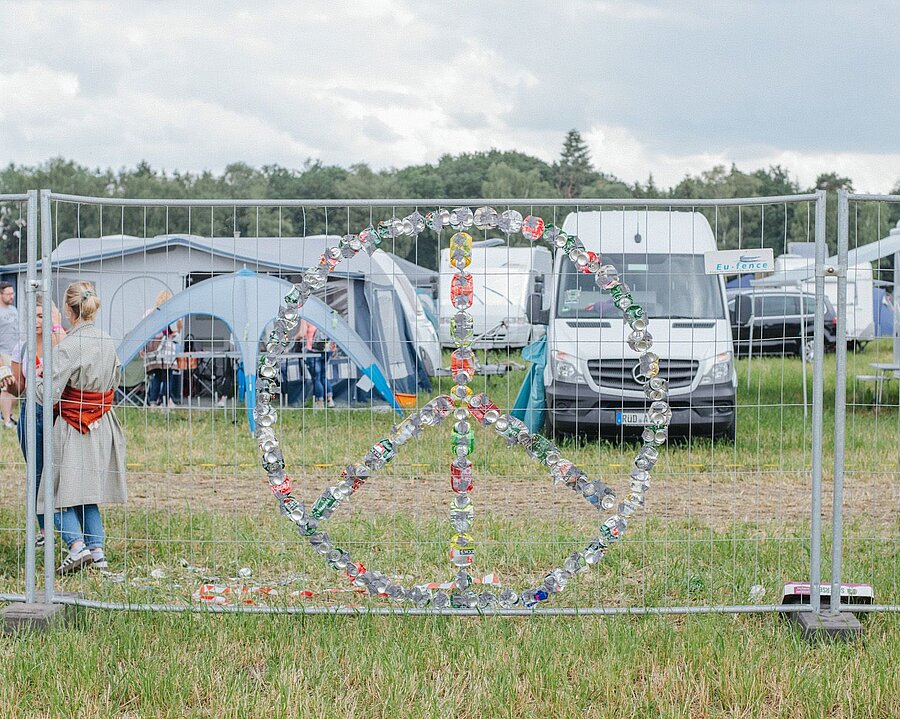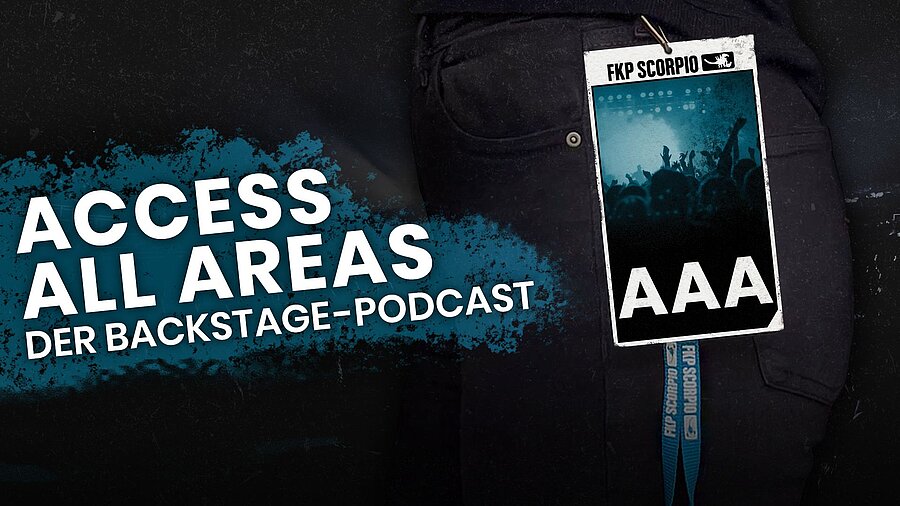How’s the live business doing in 2025 and beyond? Our CEO and founder, Folkert Koopmans, talked to Pollstar about trying times, well-earned successes, and why fair pricing is more important than ever. Read the full interview below – and explore more background stories about the live industry over at Pollstar.
How's your German business? Are you happy with the 2025 calendar of shows as well as festivals? Any highlights you'd like to mention?
We promoted 22 shows of Ed Sheeran’s “Mathematics” tour, which has been a huge success as well as an important milestone: We presented Ed with an award for reaching 5 million tickets sold together since we started working with him back in 2011. Other notable artists in our calendar include Nick Cave, Jamiroquai, Mumford & Sons, Kraftwerk or James Blunt. We’ve helped bring a variety of other global acts to audiences here, from rock legends to rising stars.
When it comes to festivals, our flagships Hurricane and Southside had a good, but not sold-out year with a very good outlook for 2026 and the 30th anniversary of Hurricane Festival: We were able to sell 60,000 tickets for next year’s edition of Hurricane and Southside in just 24 hours. The first band announcement headed by Twenty One Pilots, Kraftklub and Yungblud was very well received. Other successes include the sale-onset for our goth festival M’era Luna, which sold well over half of all 25,000 available tickets in just twelve hours.
How does the year compare to 2024? Is it continuing along the same trajectory? Any notable changes in ticket sales? Again, if there's a notable difference between your concert and festival business, please highlight.
We’re still successful overall, so the trajectory is still pointing upwards. While we didn’t sell out Hurricane and Southside this year, we were able to expand our business in meaningful ways, for example by venturing further into the growing market for family entertainment and exhibitions.
What trends or developments in the German live entertainment scene stand out to you?
Currently, other live entertainment formats are booming: immersive exhibitions and family-focused shows are attracting huge audiences across Europe. Our own ventures into this space have been remarkable – projects like Minecraft or Formula 1 each sold more than 300,000 tickets, underlining just how strong the demand for innovative, immersive experiences has become. Comedy is another bright spot: in Germany alone, we’ve staged hundreds of shows in the past two years, drawing over 250,000 fans. More than ever, audiences are seeking variety – from concerts to comedy to hands-on exhibitions.
The strength of domestic talent seems to be a big one. FKP Scorpio has always had success with German artists, but has the importance of domestic maybe increased in recent times? Can exemplify that with one of the acts you represent?
DACH-acts continue to play a major role for our business. Here like anywhere else, we like to foster new talent: One example for this is the rapper BAC, who plays 32 festival shows this summer and nearly sold out his own tour later this fall.
Any economic factors that influence your business more than in recent years? Or is it still mainly the incredibly high costs for everything? How do you react to that?
The live sector is buzzing, though it’s not without challenges. Economic stagnation in Germany and rising living costs have eaten into some households’ entertainment spending. Even so, demand from fans remains high – major tours and festivals continue to draw massive crowds, proving that the appetite for live experiences is resilient, even in a tougher economic climate.
Any remaining challenges you're trying to overcome at the moment?
Production costs and artist fees for festivals are drastically increasing – our industry has to deal with that, and many renowned festivals like Rocko del Schlacko, With Full Force or Melt were forced out of business.
What are the biggest opportunities you observe in the German market?
One of the biggest hurdles in Germany’s live market lies in its competition. As one of Europe’s largest territories, every major international tour and countless domestic acts are competing for the same audience. For emerging artists, it’s even tougher – fans have endless options but only limited budgets, especially with living costs on the rise. From our perspective, success comes from staying grounded and putting fans first. Affordability and accessibility are key: no one should be priced out of live music. By offering inclusive, fairly priced shows and delivering real value every time, you earn the audience’s trust – and in Germany, that trust, coupled with strong word-of-mouth, is the surest path to lasting success.
Any German cities that are becoming a must-play in the country for international acts, which maybe haven't been traditionally?
Berlin, Hamburg, Cologne, and Munich are the must haves, but that hasn’t really changed over the years.
Are there German cities that could do with another concert arena, or would you say the country's infrastructure is sufficient?
Munich and Frankfurt could benefit from a new arena, as the existing arenas here are serviceable, but not state of the art.
Anything else you'd like the international business reading Pollstar to know?
Our international touring team is growing slowly but steadily. With European tours of Neyo, Ado, Berlioz, Flo Rida, or Ed Sheeran, among others, we are increasing the volume of shows for our local offices.
Find this interview and more live entertainment news over at Pollstar.
